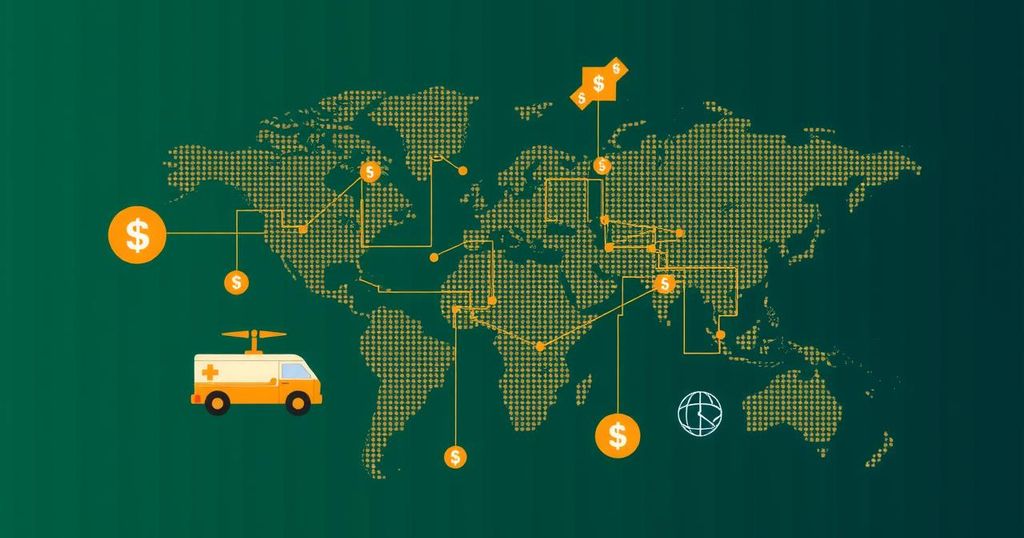Carlos Lopes, a noted economist, emphasizes that Africa faces a liquidity access issue rather than a significant debt crisis, with manageable levels of sovereign debt. He calls for reforms to better regulate credit rating agencies and international financial regulations that currently disadvantage African economies. Lopes also underscores the importance of bolstering domestic resource mobilization and combating illicit financial flows as Africa positions itself for the forthcoming International Conference on Financing for Development in Spain in 2025.
In the lead-up to the 4th International Conference on Financing for Development in Seville in 2025, esteemed economist Carlos Lopes, formerly of the United Nations Economic Commission for Africa, offers a critical analysis of Africa’s fiscal landscape. He posits that Africa faces a liquidity access challenge rather than a traditional debt crisis, highlighting that the region’s debt, currently around $1.1 trillion, is manageable compared to global standards. Lopes underscores that the underlying issues stem from unfavorable credit ratings, the rigidities of multilateral financial institutions, and a misjudged perception of risk associated with African economies.
Lopes calls for significant reforms in the international financial architecture, particularly the regulation of credit rating agencies, which he criticizes for applying broad, negative ratings to entire nations based on limited data. He argues for a reassessment of Basel III regulations that impose unnecessary barriers on banks operating in Africa, stifling liquidity access. Acknowledging improvements in domestic resource mobilization, Lopes insists that further measures must be taken to leverage institutional funds productively.
Furthermore, Lopes addresses the critical issue of illicit financial flows, advocating for coordinated global efforts to tackle this pervasive problem. He emphasizes that while there is potential for structural transformation in African economies, conducive environments must be cultivated to enhance internal tax collection capabilities. Despite historical challenges, Lopes maintains an optimistic outlook regarding Africa’s economic potential, citing trends demonstrating that nine of the world’s twenty fastest-growing economies are in Africa. The demographic advantage and technological adoption further bolster this optimism, provided that Africa invests adequately in skill development and infrastructure.
As the conference approaches, Lopes urges African nations to prioritize reforms that extend beyond traditional concessional lending. He advocates for an inclusive global financial system capable of adapting to new technological landscapes, including digital currencies and international taxation adjustments as significant considerations. The call to action is clear: Africa must assert a proactive role in shaping a global financial architecture that is equitable and supportive of sustainable development goals.
The article discusses the perspectives of Carlos Lopes on Africa’s economic landscape as it prepares for the upcoming International Conference on Financing for Development. Lopes, an expert in economics and public governance, tackles critical issues such as Africa’s debt situation, the role of international financial architecture, the impact of credit rating agencies, and the necessity for more robust tax structures in African nations. His insights reflect a combination of optimism and urgency in addressing both existing challenges and emerging opportunities within the continent’s financial ecosystems.
In summary, Carlos Lopes presents a comprehensive critique of Africa’s financial challenges while advocating for a reformed global financial system that recognizes the unique situations of African economies. He emphasizes the need to enhance local resource mobilization, regulate credit agencies, and facilitate investment opportunities through structural reforms. As Africa prepares for significant discussions at the upcoming conference, Lopes’s insights highlight the importance of proactive engagement in shaping a financial framework that supports both the continent’s aspirations and global economic equity.
Original Source: www.un.org






